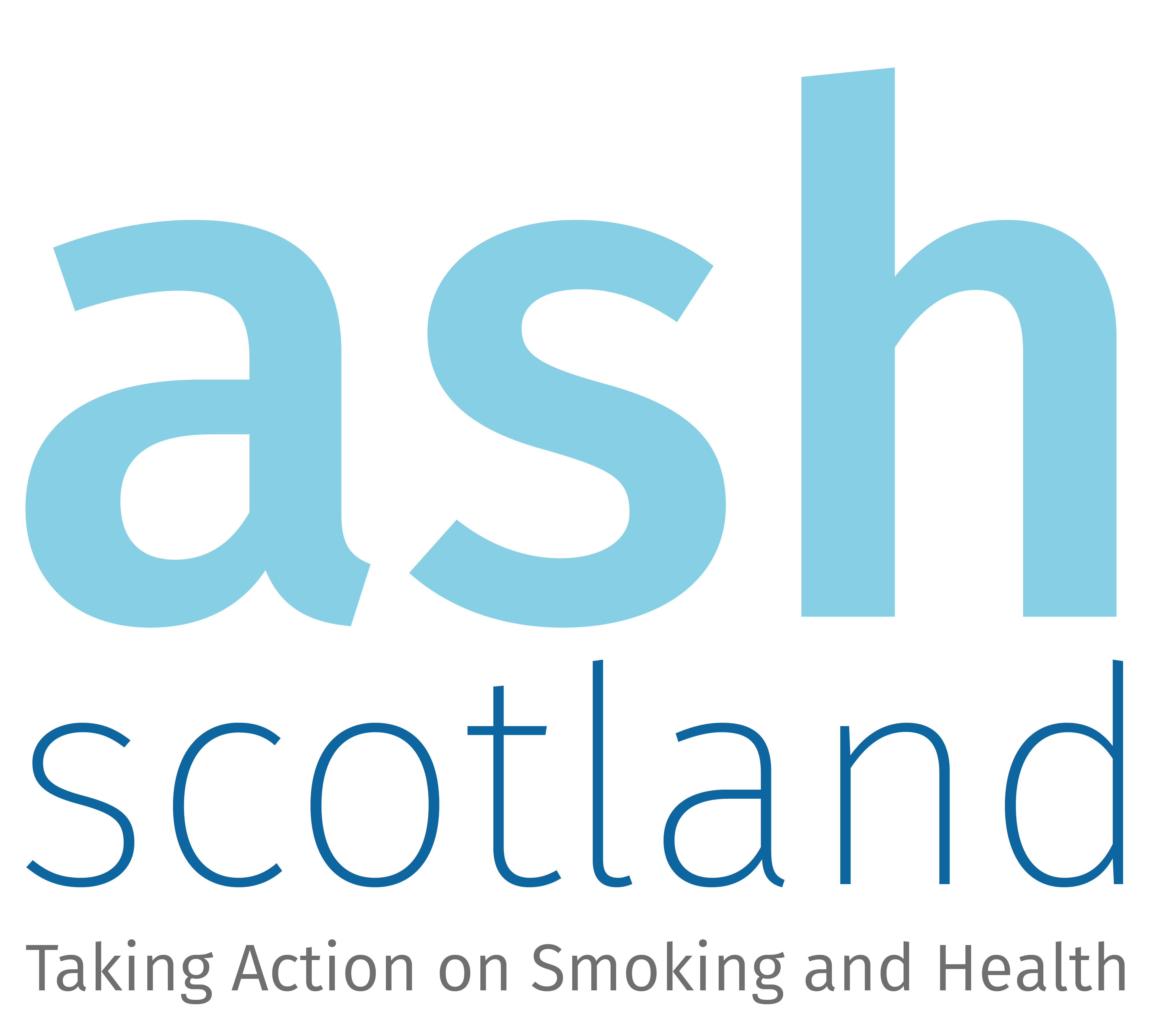ASH Scotland urges Scottish Government to consider following Australia’s e-cigarette by prescription approach
29 June 2023
Health charity ASH Scotland, which is becoming increasingly concerned by the rising vaping epidemic amongst Scotland’s adolescent population, is calling on the Scottish Government to consider mirroring public health policies introduced in Australia where e-cigarettes are available only on prescription for people looking to leave tobacco behind, after they have spoken with qualified health professionals.
The call comes as the charity hosts key stakeholder engagement activities in Edinburgh involving Professor Emily Banks, a public health specialist at the Australian National University, and Emeritus Professor Mike Daube, a Faculty of Health Sciences expert at Curtin University in Western Australia, as part of its 50th anniversary activities.
According to a global systematic evidence review published by Professor Banks, the majority of people who quit smoking – between two-thirds and three-quarters – do so unaided. For those who need extra support, evidence-based therapies like nicotine replacement patches, gums or lozenges that have gained medicines regulation approval are available.
Since October 2021, Australians have needed a prescription to legally access nicotine containing vaping products where they can be offered for an advised period of three to six months to individuals who have not successfully quit using other methods. Predatory industries have exploited the loophole that allowed non-nicotine e-cigarettes to be sold and used this to market addictive products targeted at children and young people.
Professor Banks said: “It is up to each country, including Scotland, to shape their own tobacco control strategies, going forward, based on available evidence. Our review shows that e-cigarettes are harmful overall to non-smokers, especially young people.
“E-cigarettes are not an approved smoking cessation aid but, for some people, can be useful in attempts to give up tobacco – as long as they don’t use both e-cigarettes and cigarettes, which is the most common pattern.
“Evidence supports Australia’s prescription-only model for e-cigarettes, which aims to implement tighter controls to avoid vaping by non-smokers and young people, while offering targeted and supported use for people seeking to quit tobacco. New reforms are also aiming to reduce the appeal of vapes to children and adolescents, including through pharmaceutical-like packaging and restrictions on flavourings.”
Emeritus Professor Daube, who has led national and international tobacco programs with governments and health organisations for more than 50 years: “The Australian approach is based on evidence about what works, and concern that marketing and promotion of e-cigarettes and similar products is threatening our successes in reducing smoking.
“We are facing a new epidemic of vaping among young people, and a resurgent tobacco industry seeking to promote its novel products, while doing everything it can to distract attention from the harms of cigarettes, and to prevent the measures we know will reduce smoking. That isn’t new – it has been a tobacco industry strategy for decades.
“That is why we need action to curb marketing of vaping products and, along with a precautionary approach on e-cigarettes, the Australian Government has announced a major new program to reduce smoking, including new, stronger warnings – including on individual cigarettes; standardising the size of tobacco packs and products; as well as prohibiting flavours and additives.”
With the Scottish Government publishing its refreshed tobacco action plan in autumn, ASH Scotland would welcome a similar public health policy being developed to make engaging with GPs, community pharmacists or person-centred Quit Your Way smoking cessation services, which are available for free on the NHS, vital first steps for anyone requiring support to successfully quit smoking, and especially for those considering using e-cigarettes.
No e-cigarettes have been approved by the Medicines and Healthcare products Regulatory Agency (MHRA) for NHS prescription use in Scotland or across the UK, or for active therapeutic use anywhere internationally. ASH Scotland advocates that all costs associated with testing and monitoring the safety and efficacy of any e-cigarettes submitted in a licensing application should be borne by the companies that produce them.
Sheila Duffy, Chief Executive of ASH Scotland, said: “Tobacco remains the biggest preventable killer of people in Scotland, causing 9,000 deaths and 100,000 hospitalisations each year, and free person-centred information and advice delivered by qualified health professionals on the NHS is key to ensuring adults who want to quit tobacco have the best support to do so.
“Knowledge about e-cigarette products shared by staff working for profit-centred retailers, including vape shops, does not in any way equate to the range of medical and health expertise and proven stop smoking methods that are freely available from health professionals working for NHS Scotland’s specialist Quit Your Way services.
“We welcome the perspectives shared by Professor Banks and Professor Daube and urge the Scottish Government to strongly consider following Australia’s precautionary approach to e-cigarettes by ensuring that, in the event of any vaping products being licensed by the MHRA in the future, they would only be made available on prescription to adults who have first tried methods to give up smoking that are known to be safe and effective.”
